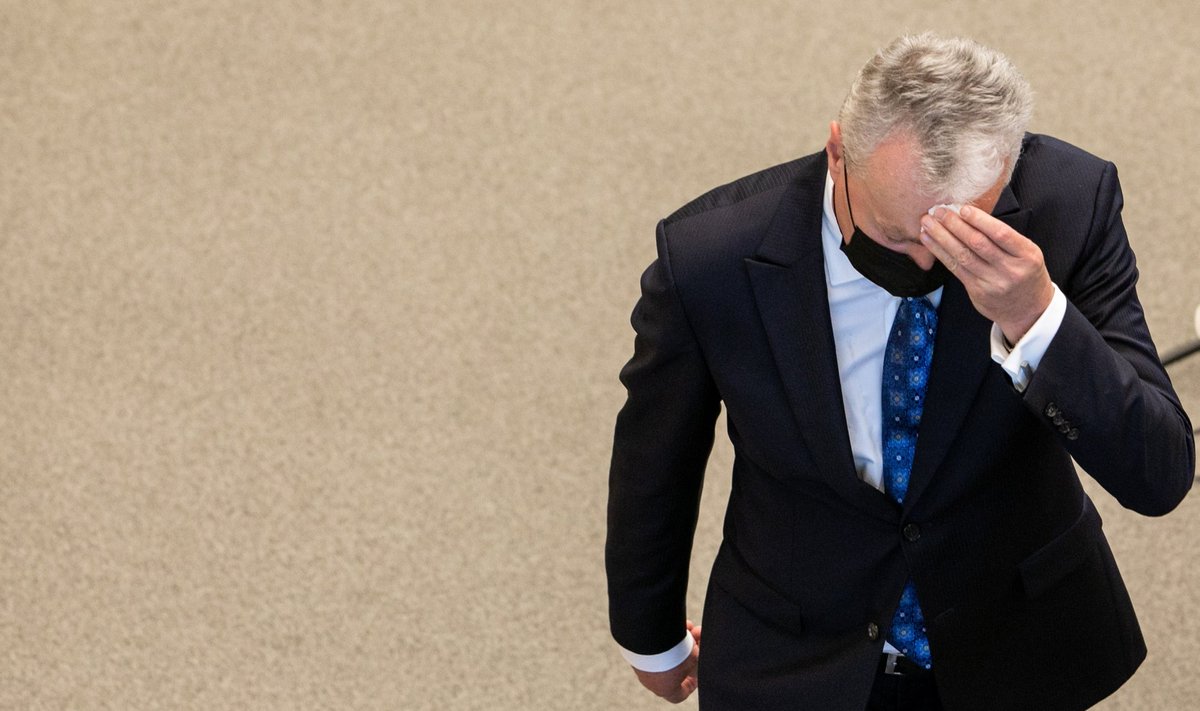“We see that the public health crisis has weighed not only on the economy, but also on education, eventually turning into a crisis of coexistence and confidence. The Lithuanian people, endowed with patience and perseverance, watched the politicians stumble in fruitless disagreements and unwillingness to listen,” he said while delivering his second annual State of the Nation Address in the parliament on Tuesday.
“When the government demonstrates uncertainty and confusion, changes its decisions and is unable to plan steps towards the future, the burden on society increases,” the country’s leader pointed out.
According to Nauseda, after coping through a difficult year “we look at each other like strangers sometimes”.
“Critical situations are a magnifying glass for our weaknesses and our strengths. At such moments we distinctly see how we are strong and what should be made stronger, and evil is no longer invisible, so it becomes vulnerable,” Nauseda said calling to be reasonable and respectful and become creators.
The country’s leader also called to rely on an increasingly stronger and demanding civil society.
“Democracy is not set in stone. It can be undermined at any time by the thirst for power of this or that political force,” he emphasized.
According to Nauseda, democracy “can be knocked out of balance by social and economic tensions, people’s disappointment in the justice and lack of public solidarity”.
“However, democracy has a huge potential to withstand challenges, to invigorate society and to lead forward,” the Lithuanian leader said.
“People have the right to demand responsibility from elected politicians and to work together towards creating a strong, just, green, and innovative Welfare Lithuania that belongs to us all,” he pointed out.
The Lithuanian leader on Tuesday delivers his second annual State of the Nation Address in the parliament.
The country's president has a duty to deliver an annual address in the Seimas under the Constitution.
